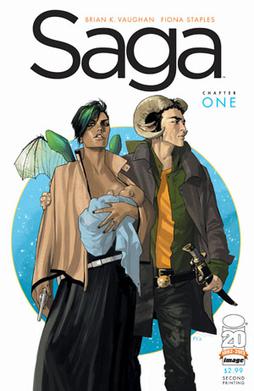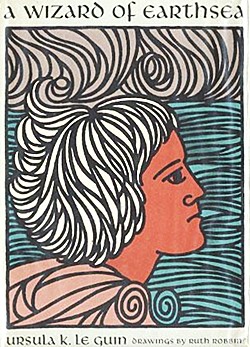Lists





5 Books
Stellar Sci-fi Books
Sort by:
Recent Desc
More lists by GI Schmo



Stellar Shorts
List includes: Elevated, A Trip to the Moon, Boy on the Moon
October 2023
0
@gischmoe


Autistic & Artistic
List includes: A Brilliant Young Mind, Temple Grandin
October 2023
0
@gischmoe

Marvelous Manga
List includes: Naruto, Vol. 01: Uzumaki Naruto
February 2023
0
@gischmoe

Adventure Comics
List includes: Misfit City Vol. 1
February 2023
0
@gischmoe

Heroic Comics
List includes: Huck, Volume 1
February 2023
0
@gischmoe

Fantasmic Comics
List includes: Preludes & Nocturnes
February 2023
0
@gischmoe



Cosmic Comics
List includes: Saga, Vol. 1, The Complete Multiple Warheads, Alex + Ada, Vol. 1
February 2023
0
@gischmoe



Comics Read
List includes: Infinite Crisis, Naruto, Vol. 01: Uzumaki Naruto, Preludes & Nocturnes
February 2023
0
@gischmoe



Books Read
List includes: The Stranger, Jurassic Park, A Wizard of Earthsea
February 2023
0
@gischmoe